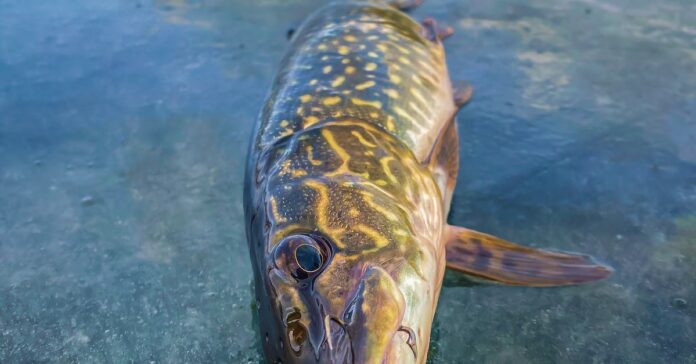If you find you struggle when it comes to fishing, or that you just don’t know what it takes to succeed in catching fish, this article is a must read. We’ve included advice from your peers and experts which will help you to better your fishing strategy and catch more fish.
When teaching young children to fish, you should begin by placing a floating bobber on their line. When a fish bites the bait the bobber will plunge under the water allowing the youngster to know that they have a bite. Bobbers are used by many fishermen as well as children.
Always check the weather before going on a fishing trip so that you can be sure that you will be safe. You should keep a radio beside you since weather tends to change.
When planning a fishing trip, be sure to pick the right location. For example, if you’re fishing in the winter, you’ll want to seek out tailwaters such as the Snake River or the Great Lakes tributaries, and in the spring, reservoirs are ideal. With a little location research, your trip is sure to be a success.
Knowing what you’re doing is the only way for a beginner to succeed. Learn as much as you can before you take your first fishing trip. There are many useful books out there which can give you plenty of knowledge before you go fishing. After you have learned the basics, you can go out in search of your big catch.
Consider the color of the water, as well as the light quality, when choosing your bass bait. Believe it or not, in murky waters or on overcast days many fish respond better to more natural-looking dark lures than to their flashy alternatives. On the other hand, clear waters and bright days are perfect for red, white and yellow lures.
Always wet your hands before pulling a fish out of the water. Doing this helps to avoid drying the fish out. If you need to release your catch into the water, this is even more true.
If you are fishing in a new area, pick up a reference guide. A reference guide can teach you a lot about the local waters, fish that can be found there, and favored forms of bait. This can help you to fish in the best spots and catch more with the bait that you choose.
While many people catch plenty of fish using artificial bait, you may have better luck catching a fish with something that is alive. Worms have been long known to be a good natural bait choice, but other options are very effective such as small crabs, and live shrimp.
Give other anglers their space. If you spot another angler catching many fish you might be tempted to fish close to them. Don’t do this. Not only are you invading their space, but you could be risking your safety. If they make an error with their cast or if the wind catches it, the hook could go into you.
To make sure your line doesn’t give you any problems, test it regularly. Run the very last 18 inches of your line back and forth a few times while feeling it between your fingers. Look for any kinks, frays, or knots. If you find some, cut your line above the problem spot.
If it is really windy while you are casting your fishing rod, put a little tension on the line right before your lure hits the water, and this will help keep your line straight and prevent it from getting caught on any obstacles as the wind is blowing. You might also have to keep putting a bit of tension on the line as you are fishing to avoid the wind causing too much slack in your line.
Knowing where to fish is very important if you want to successfully catch a lot of fish. There are certain times of the day and certain spots which are preferable to catching fish. If you aren’t in the right spot, you could be waiting endlessly for hours and not catch a single fish.
Frequently clean your line, keeping it free from debris such as algae. Clean it after each trip, and check it before embarking on a new one. This is important because it will help you to cast more effectively. Keeping your line in good condition will help prevent breakage when you have hooked your fish.
If you are fishing with a motorized boat, be careful not to spill gas or oil into the water. Gas and oil are both toxic to the waters and all of the species that live in them. Make sure that your boat is not leaking any fuel, and also make sure that the tires on your trailer are free from oil before backing it into the water.
As long as you take what you’ve learned from this article and put it into practice next time you cast your rod, fishing should become a simple task. You’ll be able to spend more time enjoying your surroundings and less time worrying about bringing home a meal, giving you a trip to remember.


